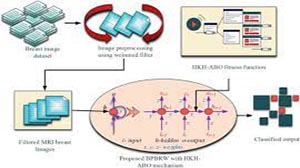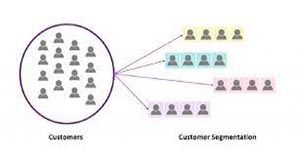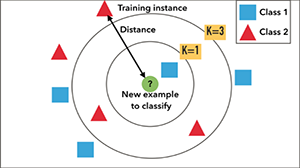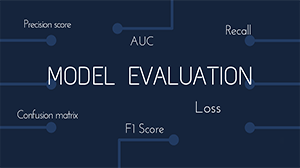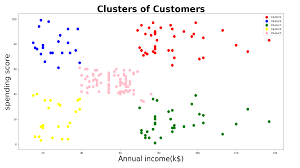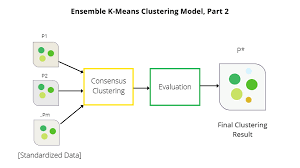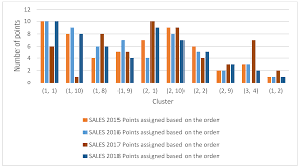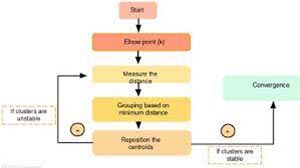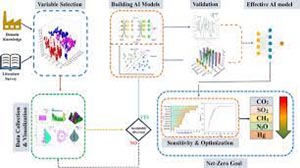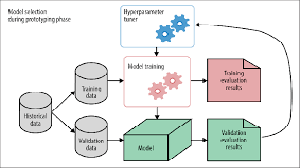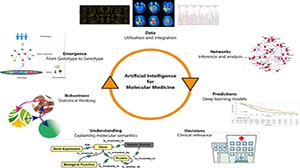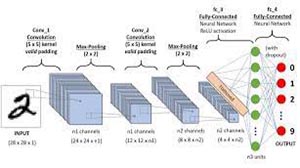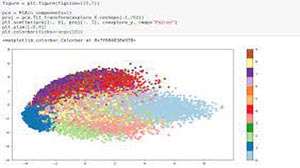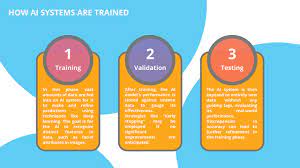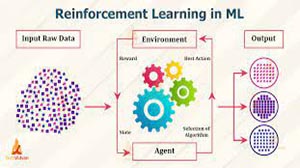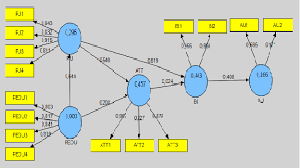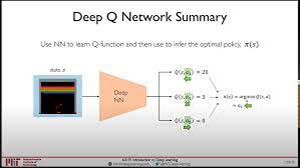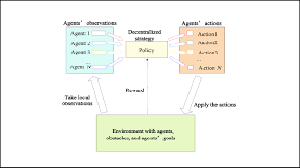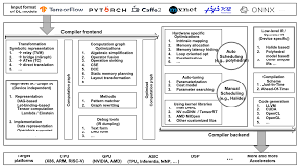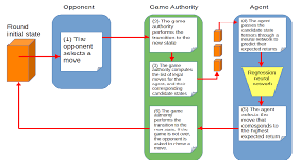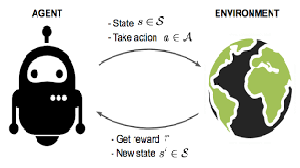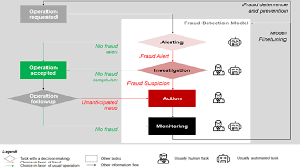AI in 3 Hours
Accelerating Insights: The Power of AI in Rapid Decision-Making
In today's fast-paced world, the ability to make timely and informed decisions can be the difference between success and failure for businesses, governments, and organizations. With the advent of artificial intelligence (AI), decision-makers now have access to powerful tools that can analyze vast amounts of data and provide actionable insights in a fraction of the time it would take traditional methods. In this article, we explore how AI is revolutionizing rapid decision-making across various industries.
- Real-time Data Analysis: One of the primary advantages of AI in rapid decision-making is its ability to analyze real-time data streams. Whether it's monitoring social media trends, tracking website traffic, or analyzing sensor data from IoT devices, AI algorithms can process and interpret this data instantaneously, providing decision-makers with up-to-the-minute insights into market conditions, customer preferences, and operational performance.
- Predictive Analytics: AI-powered predictive analytics enable organizations to anticipate future trends and outcomes with unprecedented accuracy. By analyzing historical data and identifying patterns, AI algorithms can forecast sales trends, predict equipment failures, and even anticipate cybersecurity threats. This proactive approach to decision-making allows businesses to stay ahead of the curve and mitigate risks before they escalate.
- Automated Decision Support Systems: AI is also transforming decision-making processes through the development of automated decision support systems. These systems leverage machine learning algorithms to analyze data, generate recommendations, and even automate routine decision-making tasks. From recommending personalized content to online shoppers to optimizing production schedules in manufacturing plants, AI-powered decision support systems are streamlining operations and improving efficiency across industries.
- Risk Management: In sectors such as finance and insurance, AI is playing a crucial role in risk management. By analyzing market data, customer behavior, and other relevant factors, AI algorithms can assess risk exposure in real-time and recommend appropriate risk mitigation strategies. Whether it's detecting fraudulent transactions or assessing creditworthiness, AI-powered risk management tools are helping organizations make more informed decisions while minimizing potential losses.
- Enhanced Customer Engagement: AI is also reshaping customer engagement strategies by enabling personalized interactions at scale. Natural language processing (NLP) algorithms power chatbots and virtual assistants that can engage with customers in real-time, answering queries, resolving issues, and providing personalized recommendations. This level of responsiveness and customization not only enhances the customer experience but also enables organizations to gather valuable insights into customer preferences and behavior.
Despite its transformative potential, the widespread adoption of AI in rapid decision-making is not without challenges. Concerns about data privacy, algorithmic bias, and ethical implications must be addressed to ensure responsible and ethical use of AI technologies. Moreover, organizations must invest in talent development and infrastructure to harness the full potential of AI for rapid decision-making.
In conclusion, AI is revolutionizing rapid decision-making across industries, enabling organizations to leverage data-driven insights and respond swiftly to changing market dynamics. By harnessing the power of AI, decision-makers can make informed choices with confidence, driving innovation and success in an increasingly competitive and dynamic business landscape.







